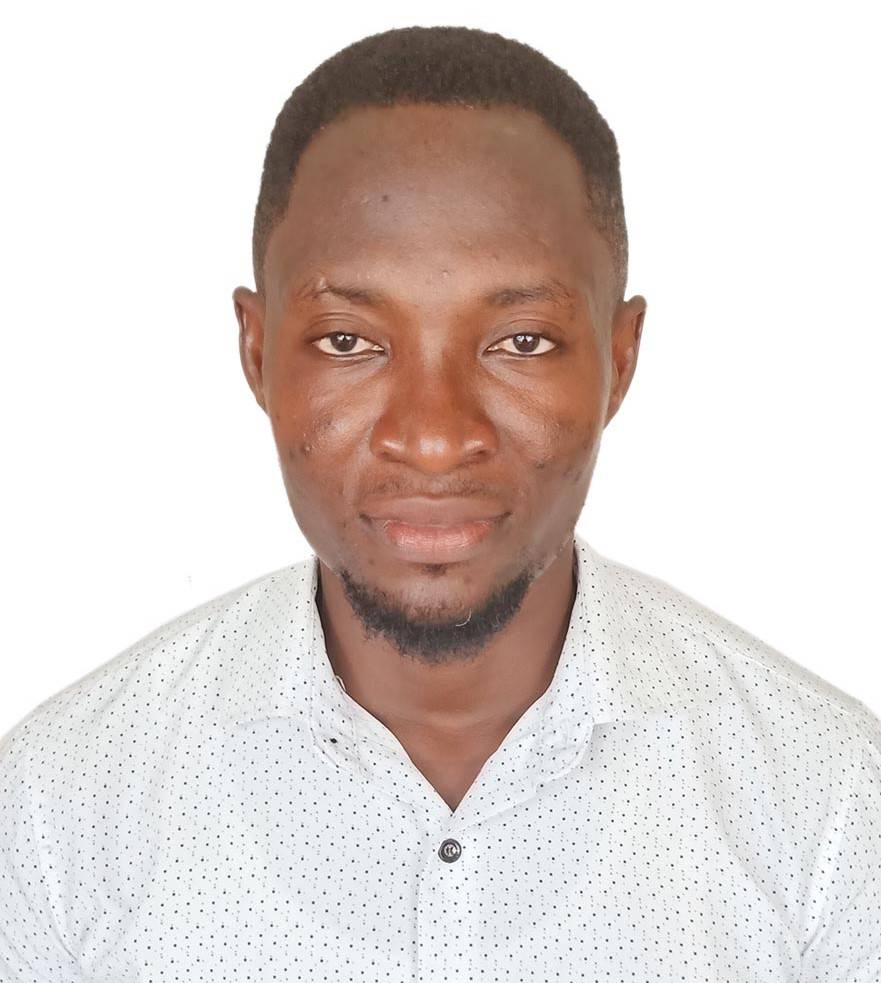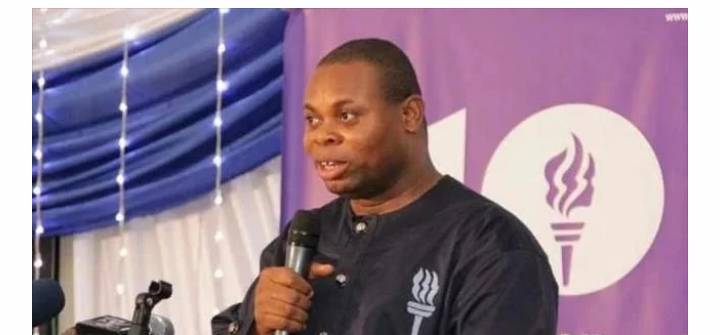Franklin Cudjoe Criticizes Ghana's Supreme Court Ruling as a "Legal Plunder" Against SALL Representation
IMANI Africa's founder, Franklin Cudjoe, recently voiced his concerns over a Supreme Court decision that dismisses Speaker of Parliament Alban Bagbin's application to reverse a ruling that declared four parliamentary seats vacant. This case has highlighted long-standing issues related to parliamentary representation, drawing further attention to the challenges faced by underrepresented regions like Santrokofi, Akpafu, Lipke, and Lolobi (SALL).
Chief Justice Gertrude Torkornoo led the court in rejecting the application, stating that it lacked merit. “We have considered the application, and we have come to the conclusion that the grounds supporting the application have no merit,†Torkornoo remarked. This judgment upheld the court’s prior decision to keep these seats vacant, a ruling that has left communities questioning the broader implications for fair and balanced representation.
Cudjoe, a long-time advocate for governance reform, responded to the ruling by pointing out the continued absence of representation for the people of SALL, a region that has reportedly gone without a voice in Parliament for over four years. The IMANI Africa founder expressed his dismay on social media, suggesting that such rulings demonstrate the systemic issues within Ghana’s judiciary and Parliament. He contrasted the Supreme Court's swift decision regarding the four seats with the lack of urgency in addressing the lack of representation for SALL residents.
For Cudjoe, this outcome symbolizes a significant failure to uphold the democratic principles of equal representation, terming it a form of “legal plunder†that contributes to growing public distrust in the judiciary. “The lives of those four constituents who were allegedly going to be denied representation for about 80 days matter to the Supreme Court more than those of SALL, who have been unrepresented for 1,460 days,†he argued, underscoring the lasting impact of these decisions on Ghanaian communities.
His comments reflect broader public concerns, as a recent poll shows 65% of Ghanaians harboring doubts about the Supreme Court's integrity. For many, the ruling raises questions not just about legal merit but about the perception of fairness and equity in Ghana’s judicial processes. Cudjoe's choice of words like “legal plunder†and “gangster system†echoes the frustrations of those who feel overlooked by their country’s legal and political structures.
This case has reignited national conversations on the need for comprehensive judicial reforms and has highlighted the growing call for policies that ensure equal representation for all Ghanaian citizens. As the country watches these developments, the people of SALL continue to seek recognition and a voice within Ghana’s democratic framework, a goal that many argue should not be hindered by legal complexities.
*Source: ModernGhana




No comments yet
Be the first to share your thoughts!